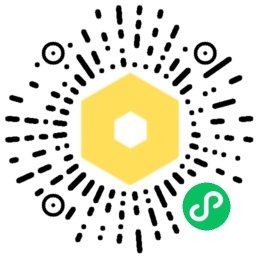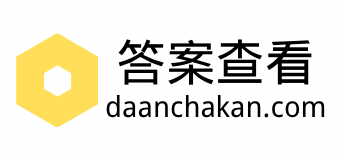【单选题】【消耗次数:1】
18.- Did you get a dictionary?- No, I _____, but there were not any _____.
①
tried; to be left
②
had tried to; leaving
③
tried to; left
④
had tried; have left
参考答案:

纠错
相关题目
【单选题】
Did you get a dictionary?No. I________,but there were not any________.
①
tried;to be left;
②
had tried to;leaving
③
tried to;left
④
had tried;have left
【单选题】
40.—I`m sorry I didn`t do a good job. ---Never mind.____you have tried your best.
①
Aboveall
②
Aboveall
③
Atall
④
Afterall
【单选题】
There were some chairs left over[] everyone had sat down.
①
when
②
until
③
that
④
where
【单选题】
-Ann, congratulations! Your cuisine was ?very successful and everyone ______.
-Thank you, I just tried my ?best. I am happy to know you enjoyed it.
①
had impressed
②
impressed
③
has impressed
④
was impressed
【单选题】
Jane tried to ____ the doorman with money, but she
failed.
①
bribe
②
corrupt
③
award
④
endow
【单选题】
Jane tried to _____the doorman with money, but she failed.
①
bribe
②
corrupt
③
award
④
endow
【单选题】
He left in such a hurry that I _______ had time to thank him.
①
almost
②
even
③
hardly
④
nearly
【单选题】
Every means _______ been tried to solve the difficult problem.
①
has
②
have
③
is
④
are
随机题目
【单选题】
茹志鹃的小说( )中新媳妇与小通讯员之间纯朴、美好的情感,已然超越了政治文化框架中的“军民鱼水情”的定位,是一首“没有爱情的爱情牧歌。”
①
《青春万岁》
②
《爱是不能忘记的》
③
《百合花》
④
《人啊人》

